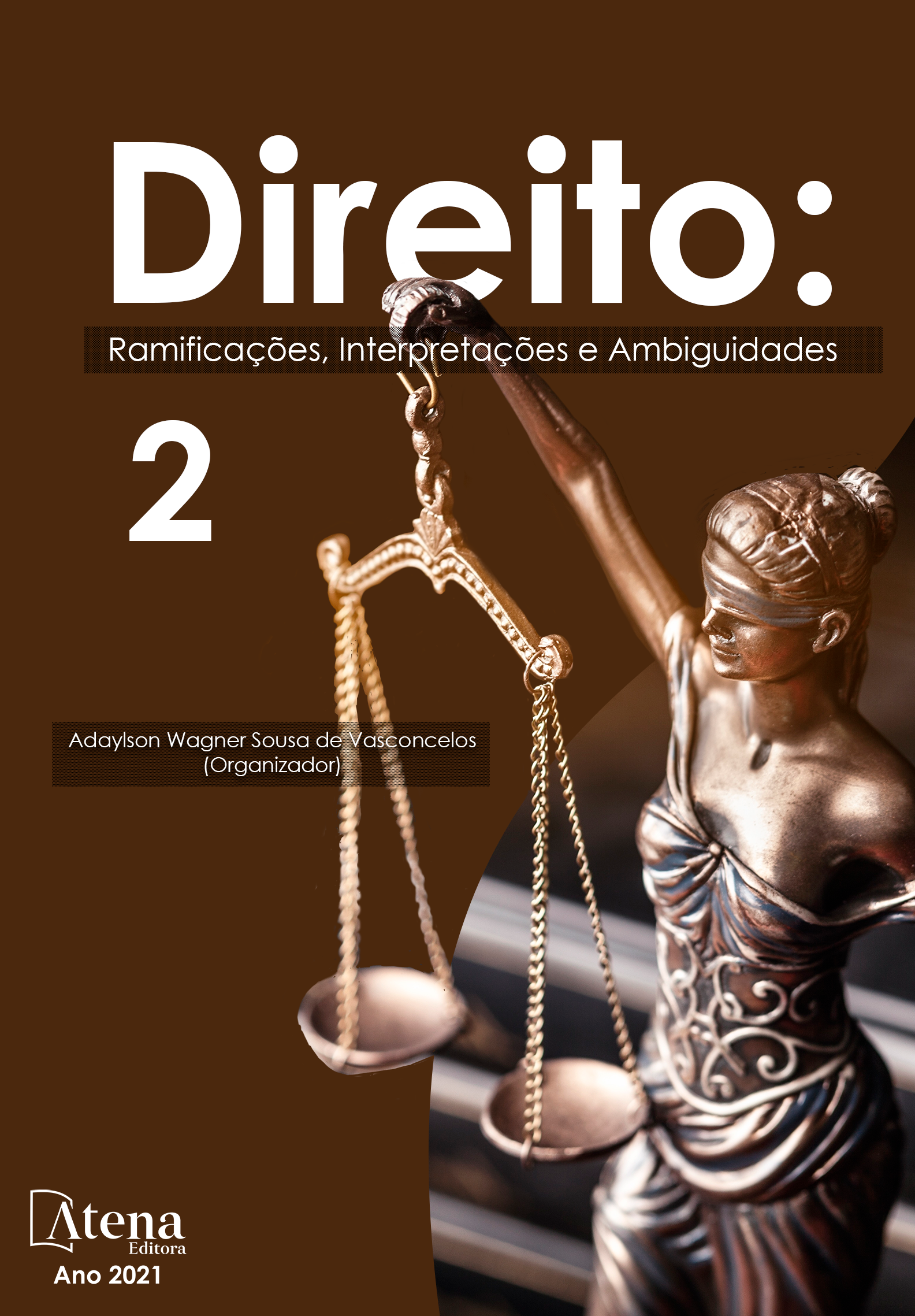
XENOFOBISMO (RE)VELADO: É CRIME OU CONTRAVENÇÃO?
Roraima esteve em evidência na mídia nacional ao fato ocorrido no município de Pacaraima onde vários imigrantes foram expulsos para outras localidades devido ao xenofobismo que acontece de forma velada na sociedade roraimense. A população imigrante que se aventuram em terras brasileiras estão almejando nova perspectivas de vida. Nesta pesquisa, tratar-se-á sobre a problemática advinda da imigração, principalmente dos venezuelanos para o Estado roraimense: o xenofobismo independente de que espécie é crime, é amparado perante a lei, a Constituição Federal? Em seu art. 5º - Todos são iguais perante a lei, sem distinção de qualquer natureza, garantindo-se aos brasileiros e aos estrangeiros residentes no País: XLII - a prática do racismo constitui crime inafiançável e imprescritível, sujeito à pena de reclusão, nos termos da lei. No Art.140 do Código Penal, o parágrafo terceiro, tipifica a injúria com utilização de elementos relacionados a raça, cor, etnia, religião ou origem, com penas de reclusão de um a três anos, mais multas O xenofobismo é um crime silencioso que machuca e causa danos irreparáveis. A proposta da pesquisa é conhecer a situação dos imigrantes advindos de outros países quanto as garantias para o exercício de direitos fundamentais. Para isso, verificar-se-á a situação jurídica e social em que eles se encontram e se o Estado brasileiro vem cumprindo o que está previsto na Constituição Federal de 88. O objetivo deste artigo é verificar como o Estado trata os imigrantes venezuelanos que sofrem os efeitos da xenofobia em Roraima, os tipos de preconceito sofridos por esses eles. A metodologia utilizada foi a revisão de literatura para fundamentação das reflexões. E o método utilizado foi o dedutivo, sendo a pesquisa qualitativa. Seu resultado será apresentado para reflexões e estudo do efetivo exercício dos direitos e garantias fundamentais dos imigrantes previstos na Constituição brasileira.
XENOFOBISMO (RE)VELADO: É CRIME OU CONTRAVENÇÃO?
-
DOI: 10.22533/at.ed.8542110039
-
Palavras-chave: Imigrantes venezuelanos; Xenofobismo; Crime; Constituição Federal.
-
Keywords: Venezuelan immigrants; Xenophobism; Crime; Federal Constitution.
-
Abstract:
Roraima was in evidence in the national media to the fact that occurred in the municipality of Pacaraima where several immigrants were expelled to other localities due to xenophobia that happens in a veiled way in the society of Roraima. The immigrant population who venture into Brazilian lands are looking for new life prospects. This research will deal with the problem of immigration, especially from Venezuelans to the state of Roraima: is xenophobia, regardless of what kind of crime it is, supported by the law, the Federal Constitution? In its Article 5 - Everyone is equal before the law, without distinction of any kind, guaranteeing Brazilians and foreigners living in the country: XLII - the practice of racism constitutes an unspeakable and unspeakable crime, subject to the penalty of imprisonment, according to the law. In Art.140 of the Penal Code, the third paragraph, typifies the injury with the use of elements related to race, color, ethnicity, religion or origin, with prison sentences of one to three years, plus fines Xenophobia is a silent crime that hurts and causes irreparable damage. The proposal of the research is to know the situation of immigrants coming from other countries regarding the guarantees for the exercise of fundamental rights. For this, the legal and social situation in which they find themselves and whether the Brazilian State has been complying with what is foreseen in the Federal Constitution of 88 will be verified. The objective of this article is to verify how the State treats Venezuelan immigrants who suffer the effects of xenophobia in Roraima, the types of prejudice suffered by them. The methodology used was the literature review to support the reflections. And the method used was the deductive, being the qualitative research. Its result will be presented for reflection and the study of the effective exercise of the fundamental rights and guarantees of immigrants under the Brazilian Constitution.
-
Número de páginas: 10
- Elder Pereira Carneiro
- Marta Isabel Da Silva Oliveira


